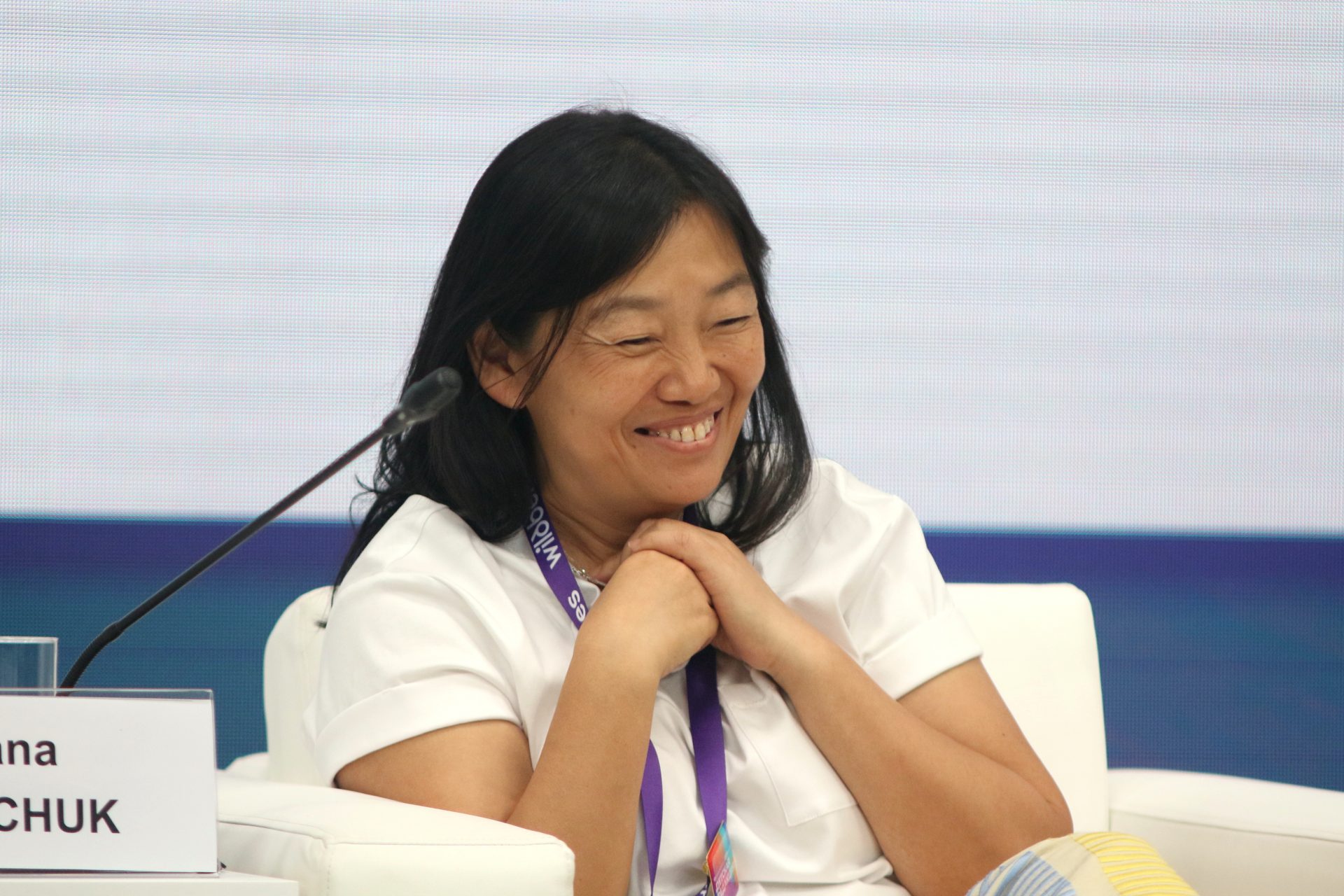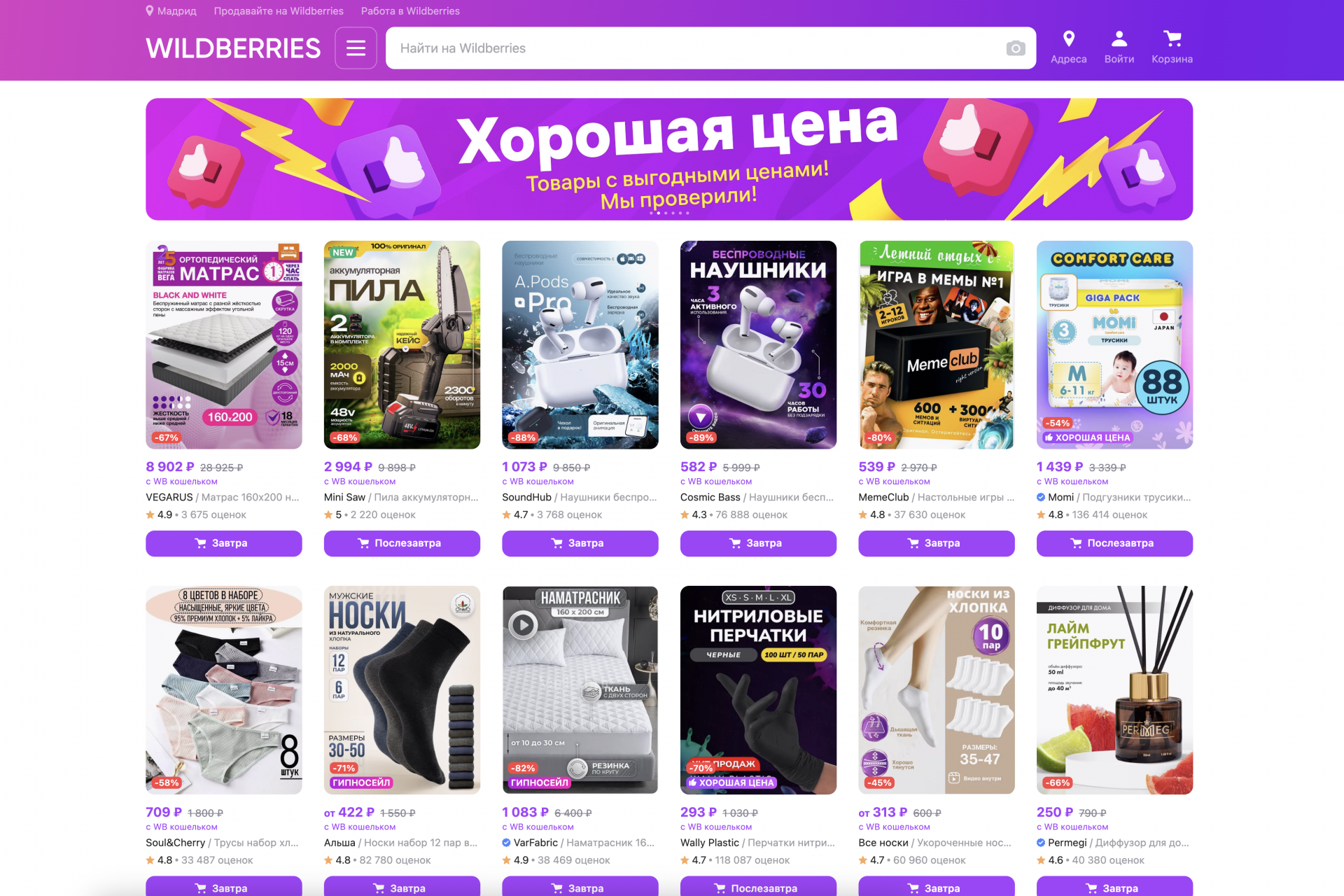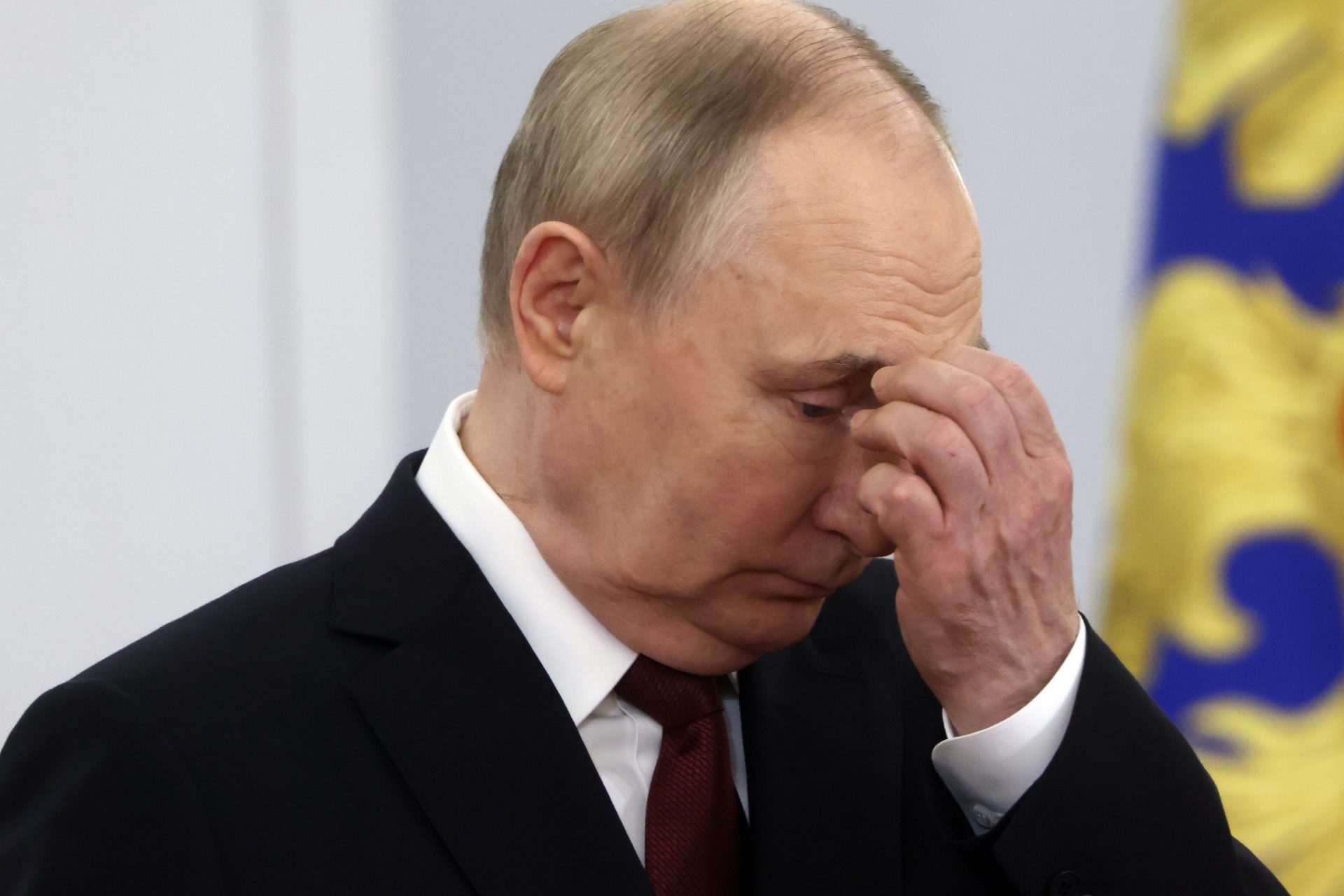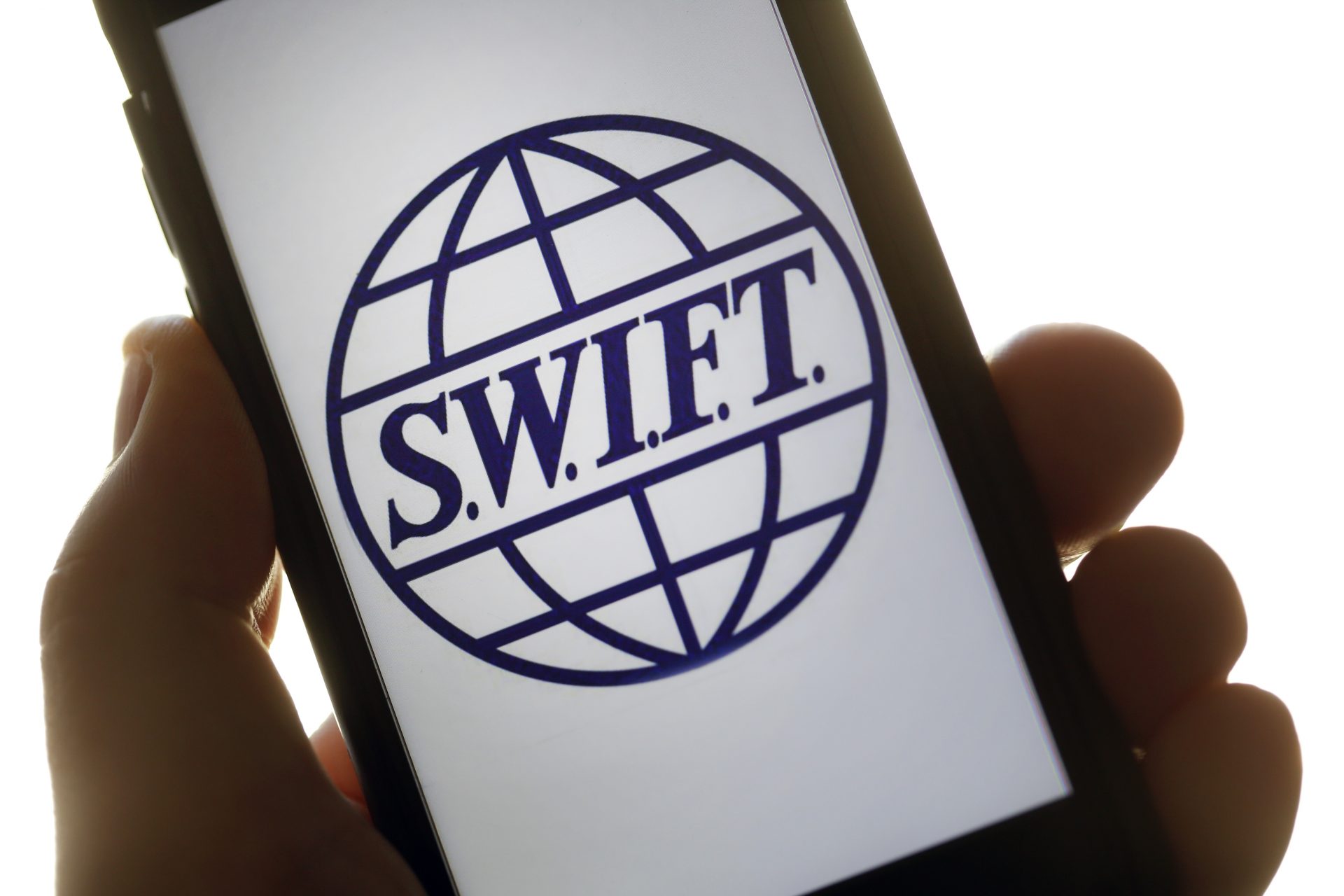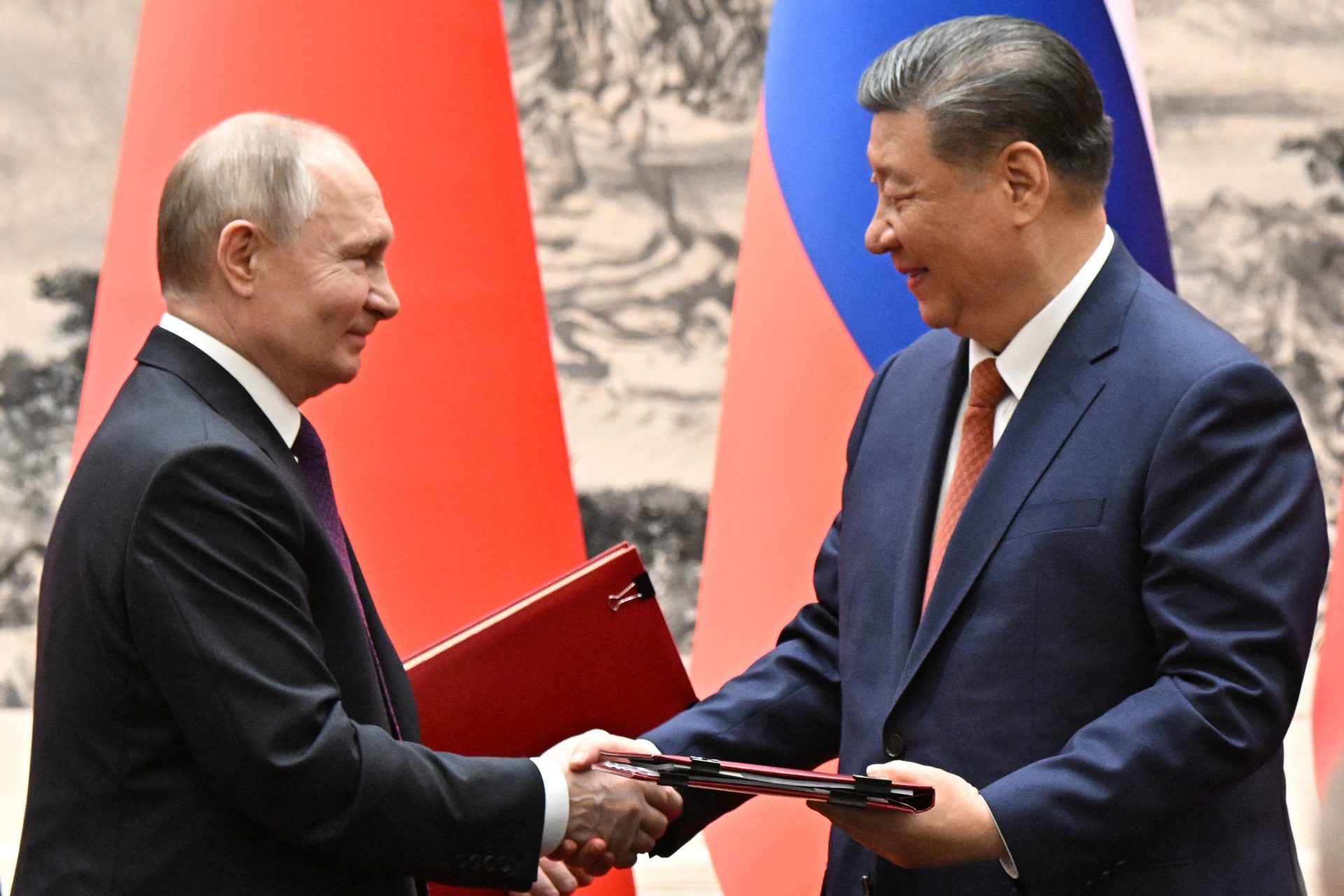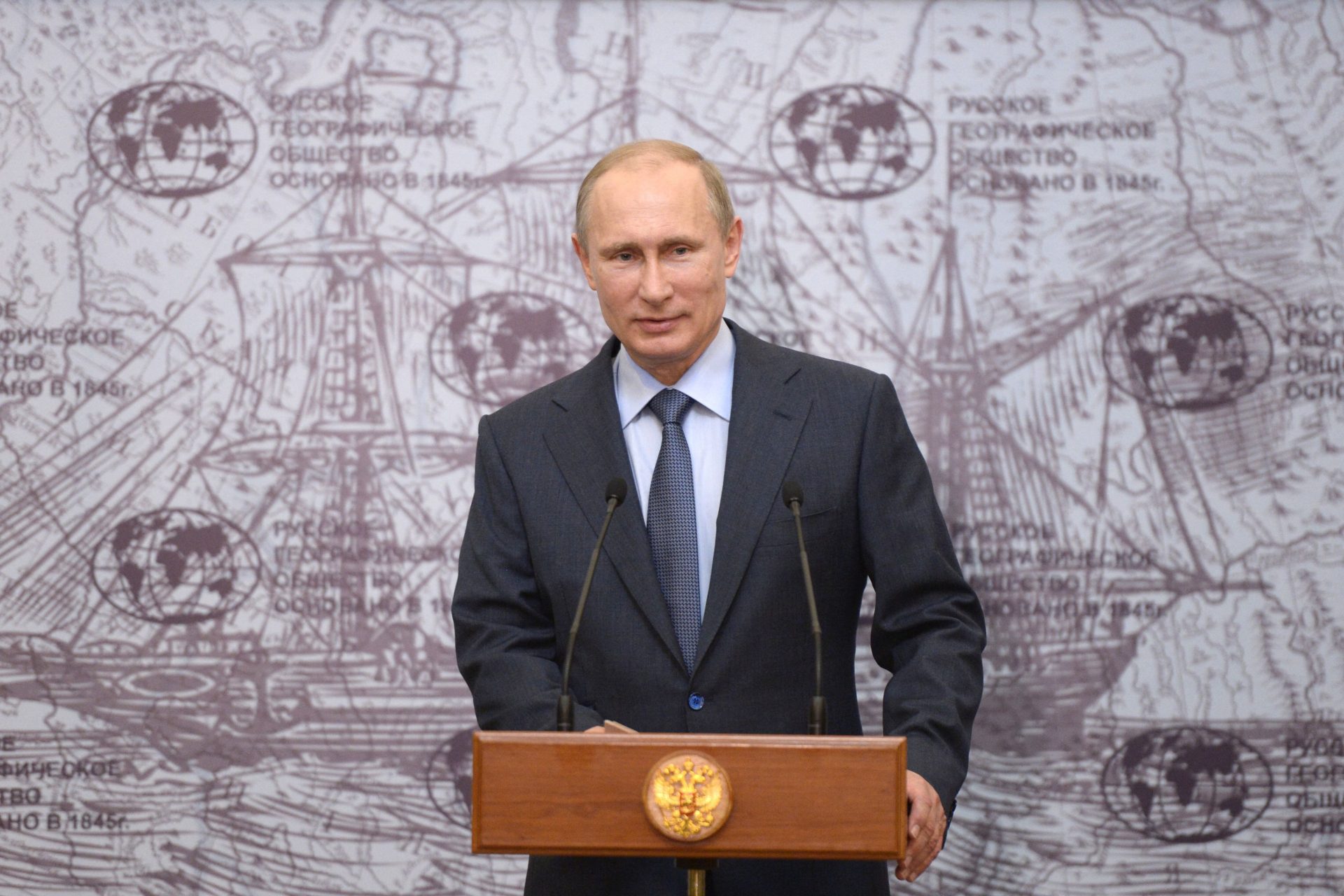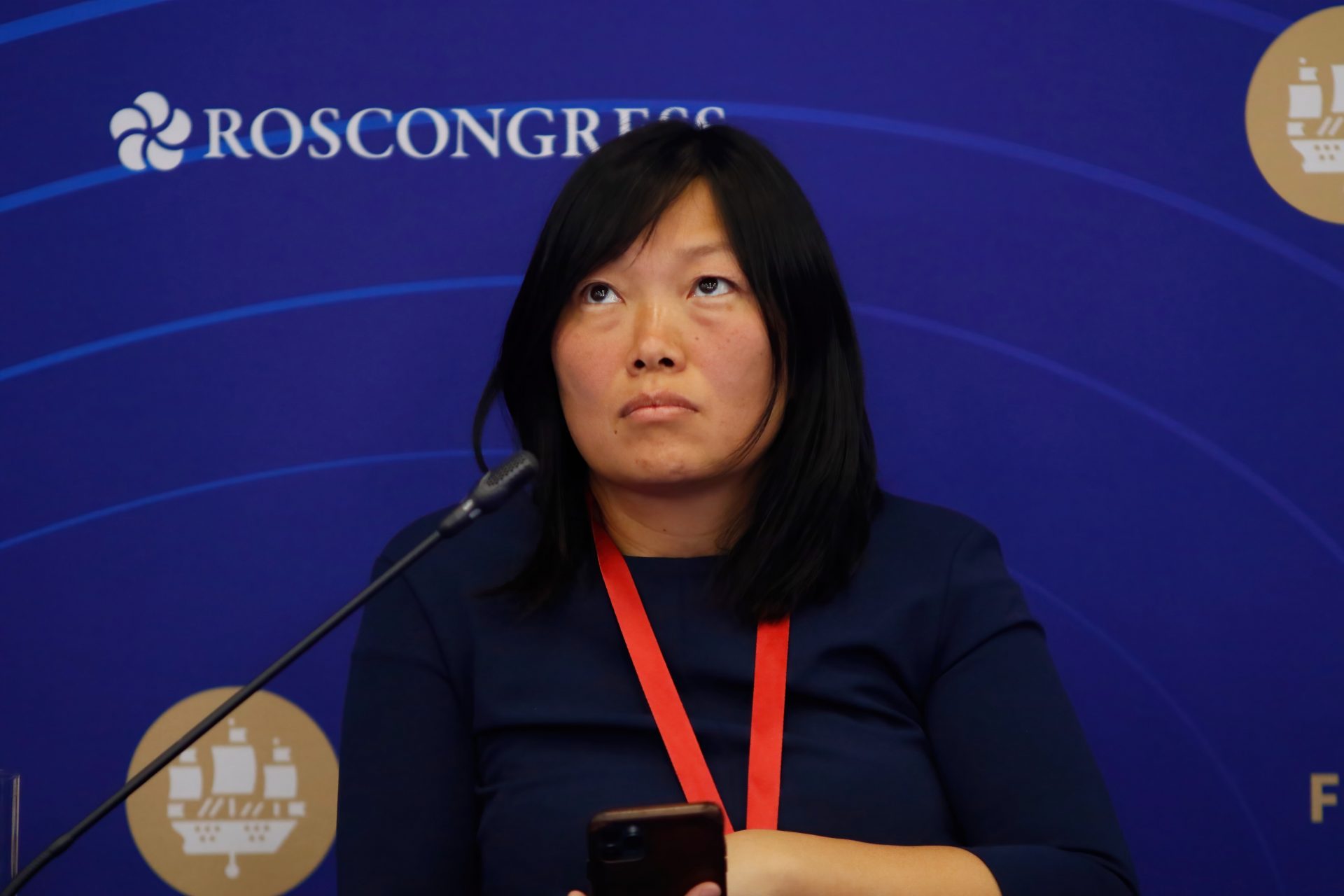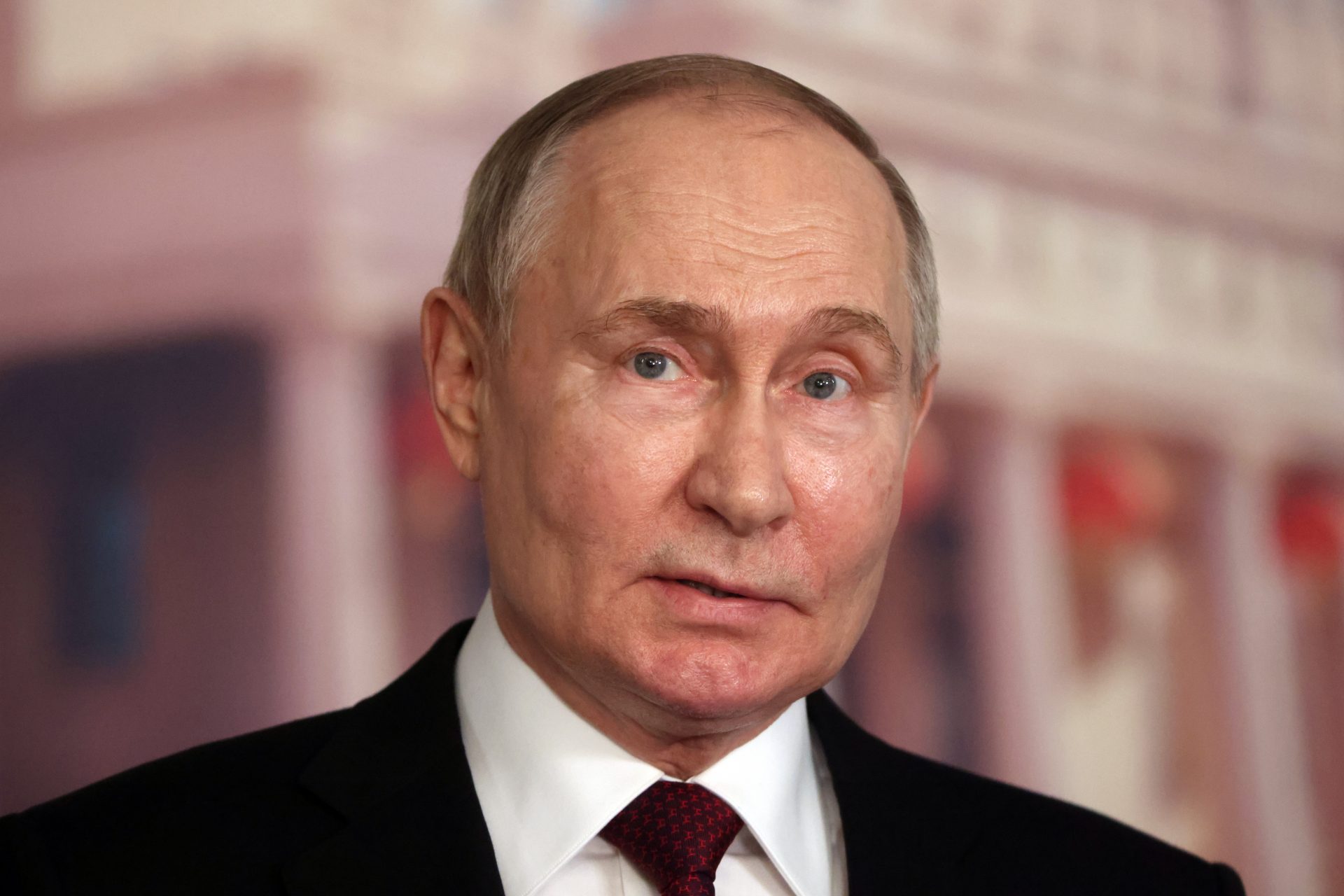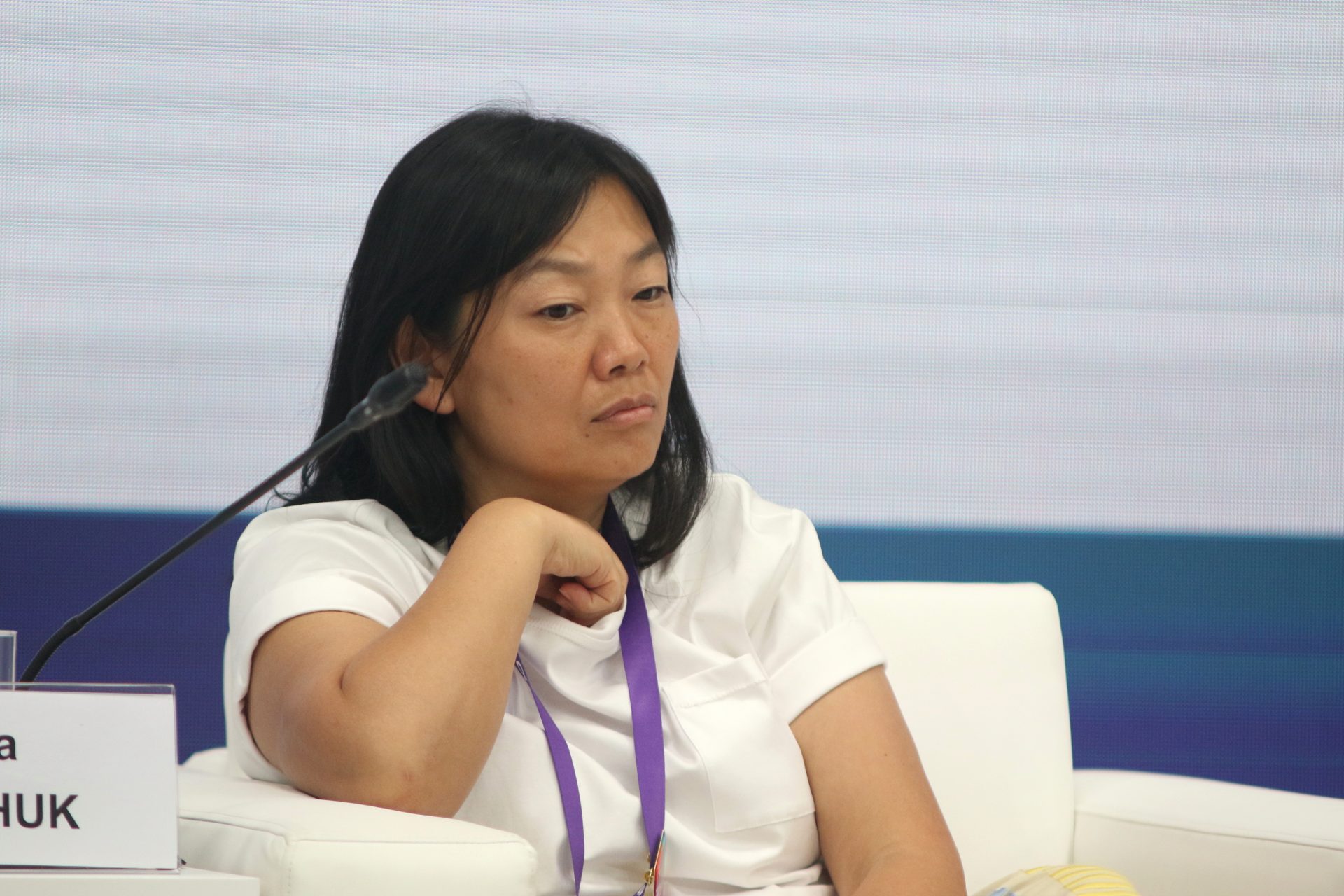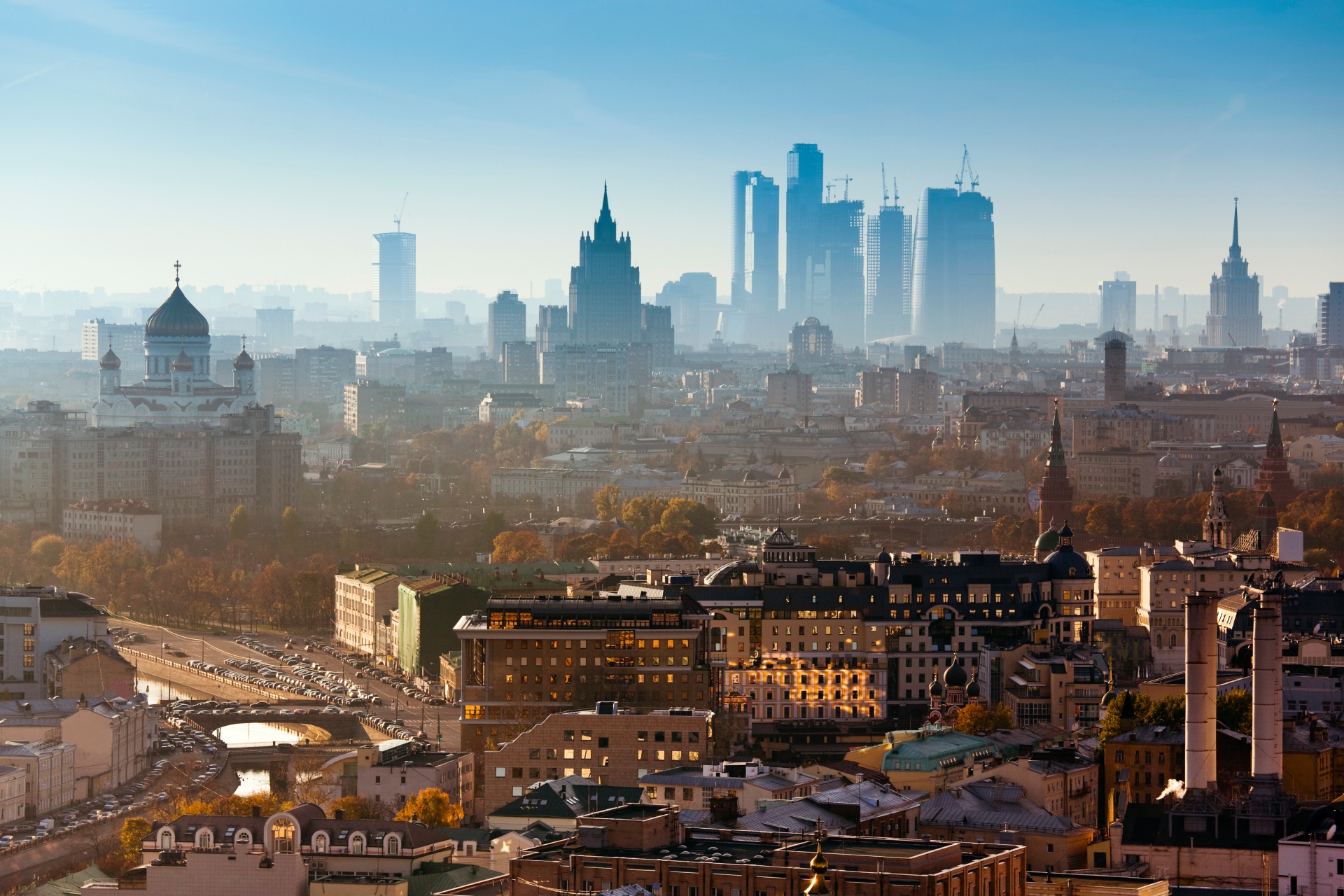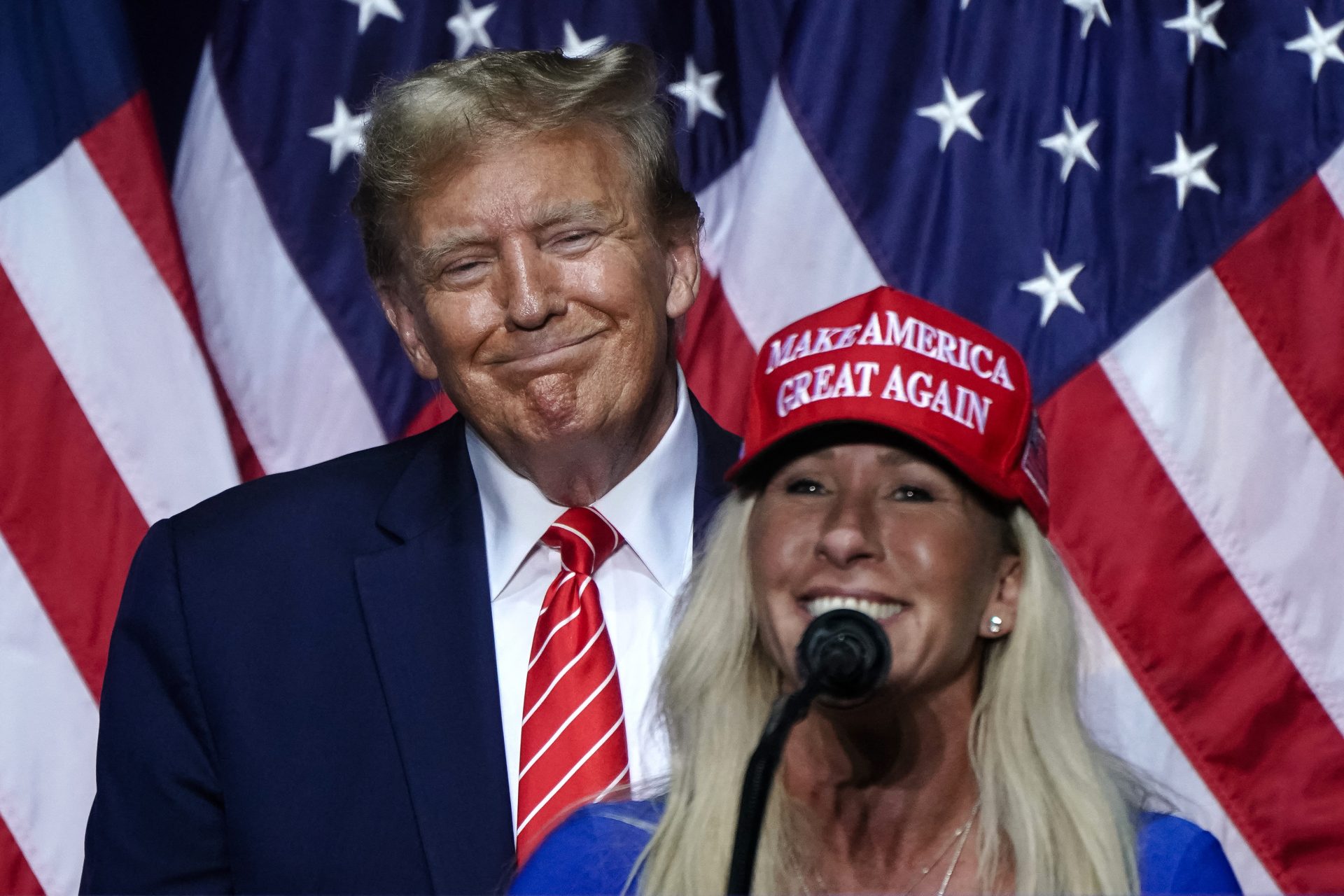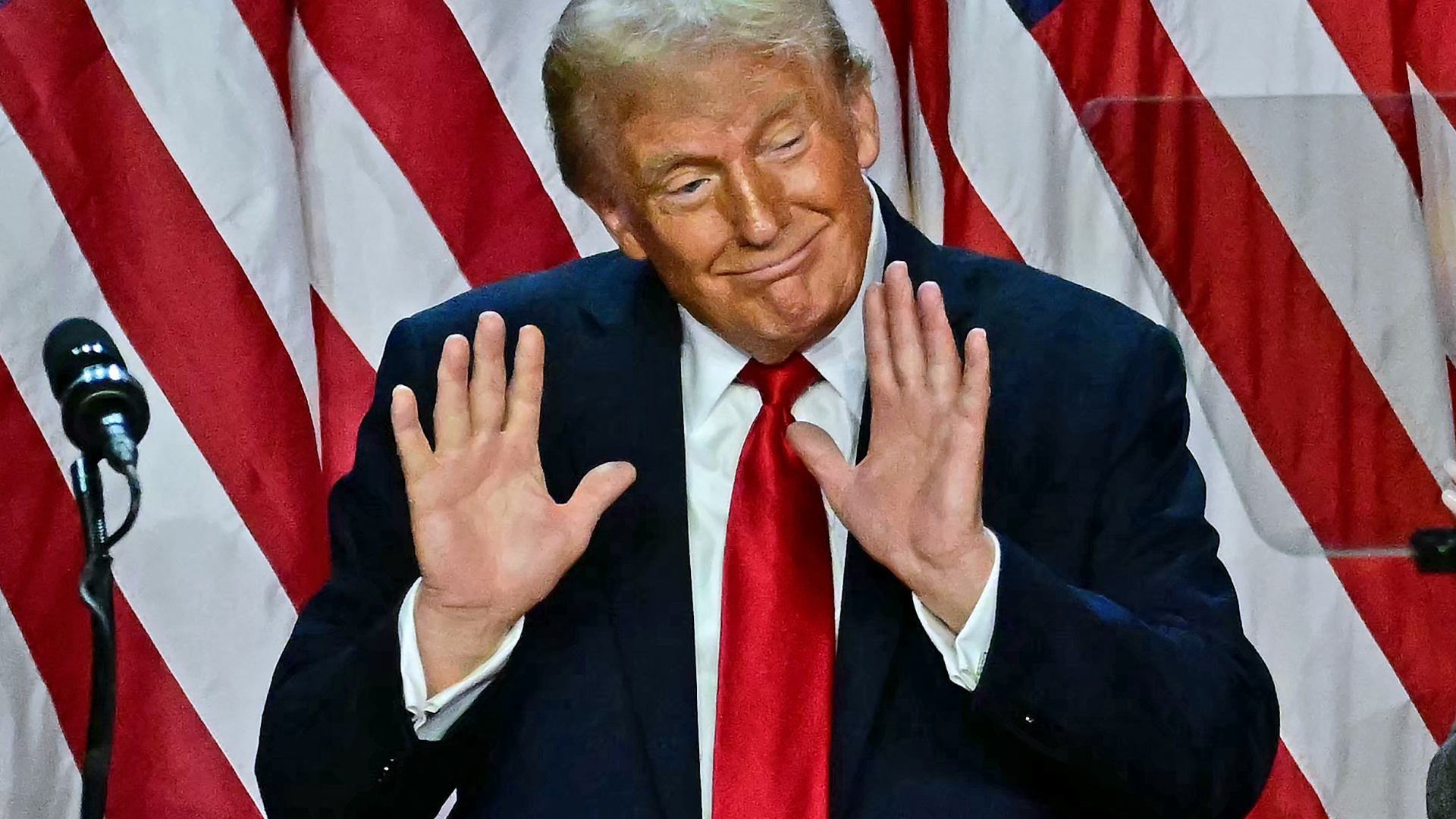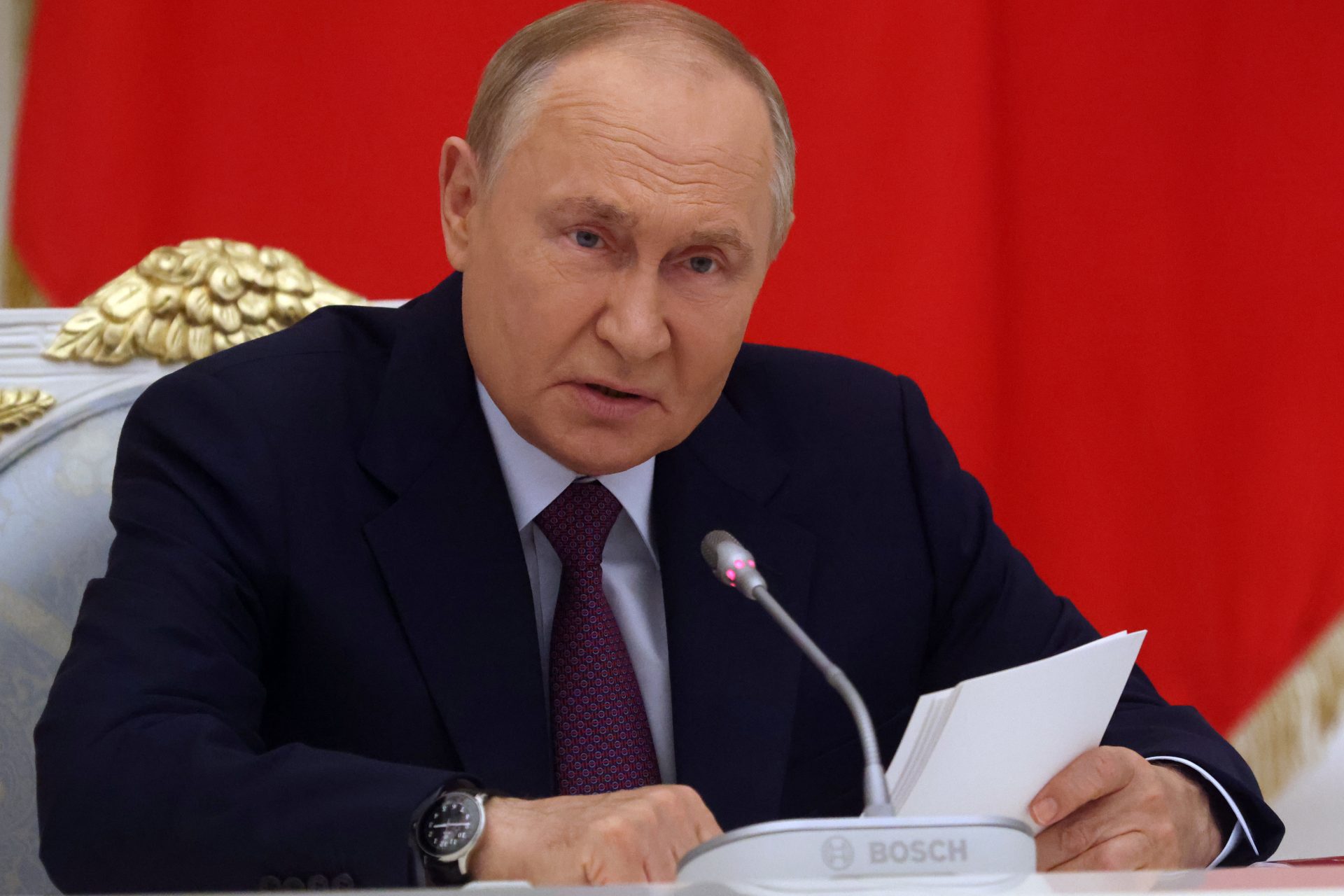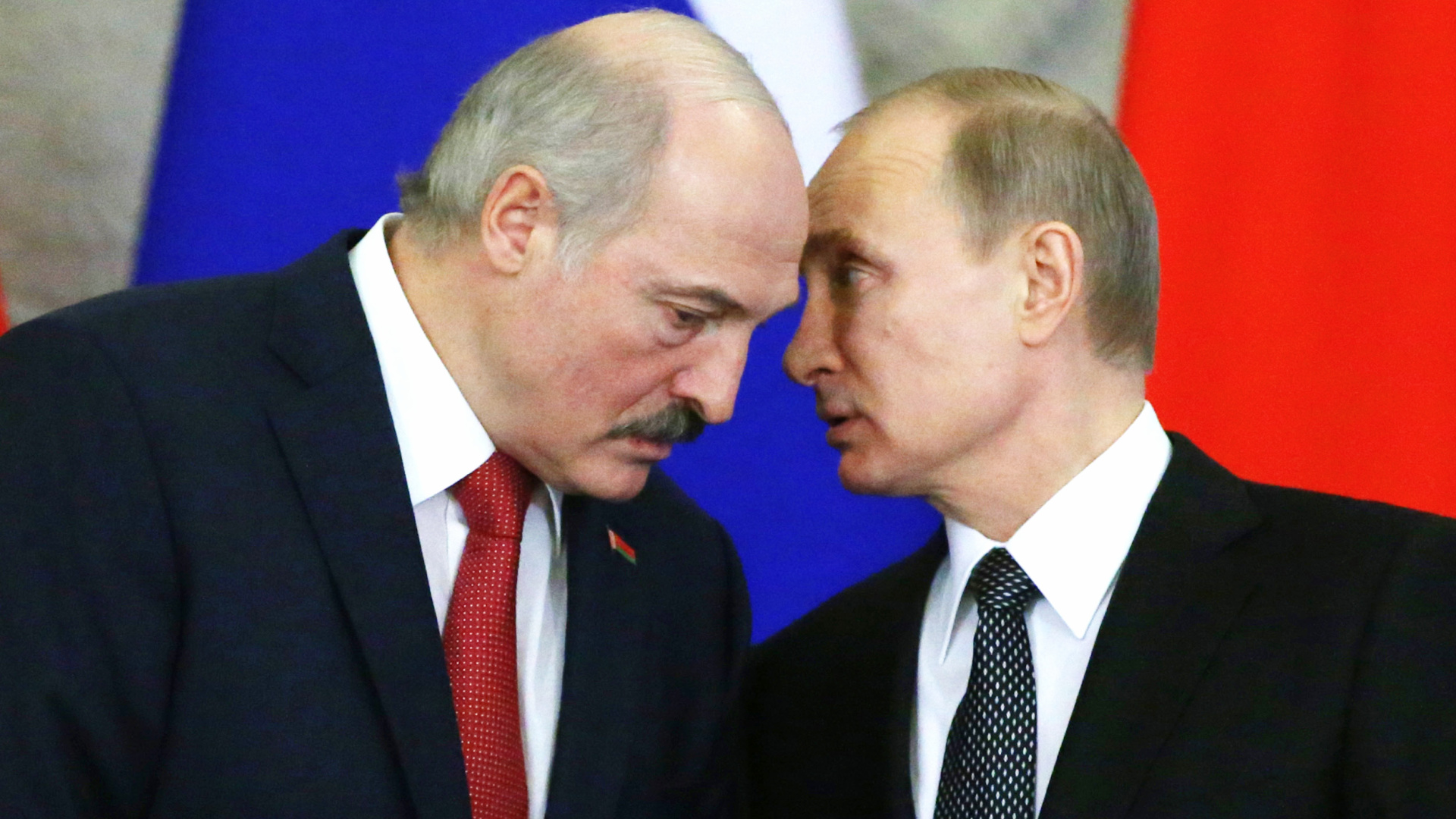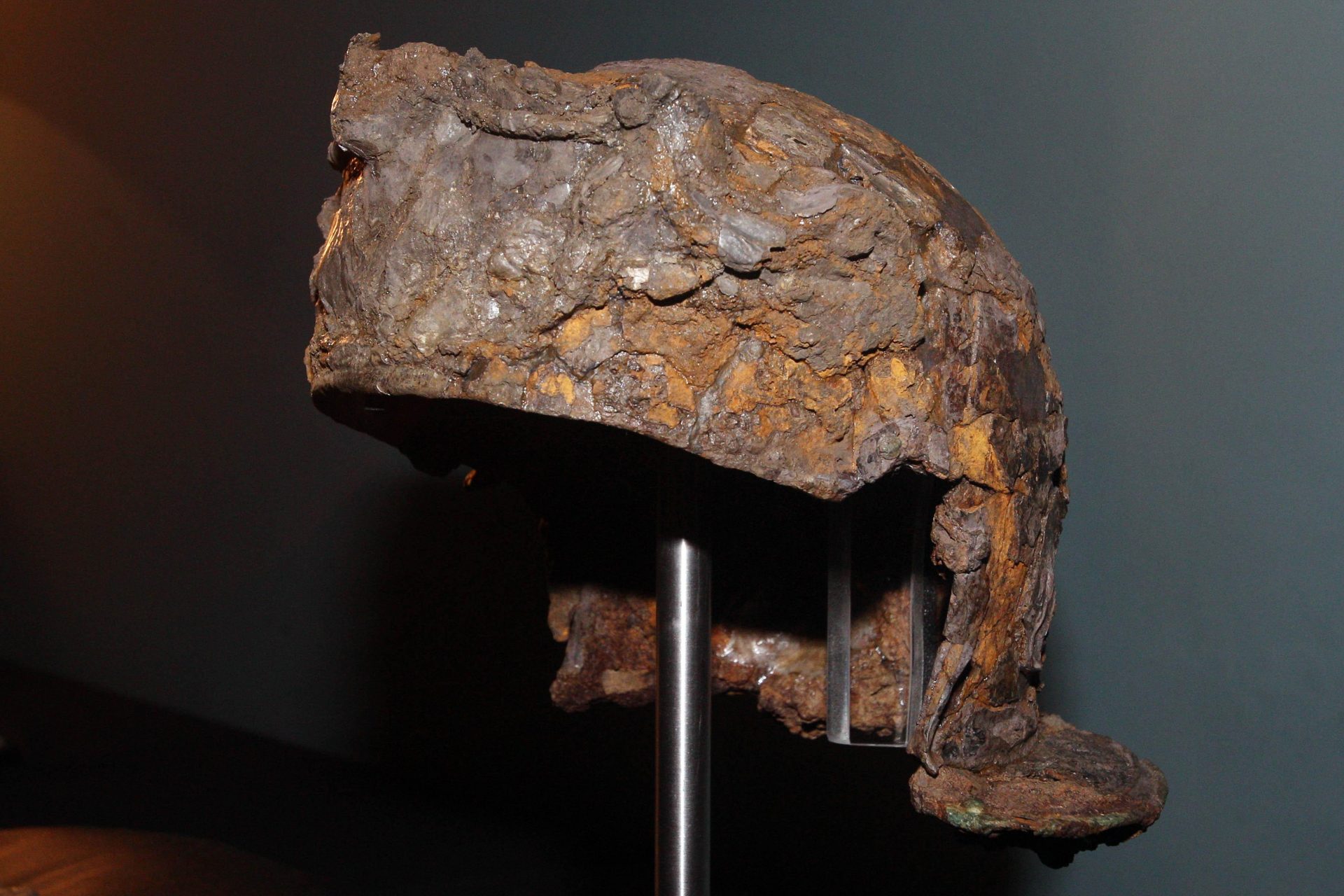Tatyana Bakalchuk: Russia's richest woman and Putin's secret weapon
Those who do not live in Russia may not have ever heard of Tatyana Bakalchuk, but that does not stop her from being the richest woman in the country at 48 years old.
The businesswoman is the CEO and founder of Wildberries, the Russian version of Amazon, which has earned her a net worth of more than $7.4 billion, according to Forbes, a figure that Bloomberg increases to $8.1 billion with the earnings of the last few months.
Photo: Wildberries Web
Tatyana Bakalchuk has become one of Vladimir Putin's key allies in his economic battle against the United States, as she has been tasked with building an alternative to the Washington-dominated Society for Worldwide Interbank Financial Telecommunication (SWIFT), Bloomberg reports.
This system dominates about 90% of transactions between banks around the world, giving the United States a tremendous operational advantage in international conflicts and providing information about where the money that moves every day is going.
That is why Putin and Xi Jinping agreed to find an alternative to wrest global financial control from the United States, and Tatyana Bakalchuk was chosen to create a new alternative payment platform together with Russ Group.
According to Bloomberg, Vladimir Putin personally approved this project, although there is no guarantee that it will work, but it is considered a priority in the fight against the West.
Strangely enough, Bloomberg explains that Tatyana Bakalchuk is not considered a businesswoman close to Putin, but her desire to spread Wildberries beyond Russian borders has brought her to this alliance with the President of Russia.
According to Bloomberg, Tatyana Bakalchuk has not been sanctioned by the US or Europe because she has never met with Vladimir Putin since founding her company in 2004. This situation now seems to have changed.
According to the Bloomberg Billionaires Index, Tatyana Bakalchuk has increased her wealth by 40% since the beginning of the war in Ukraine.
Wildberries' success in Russia is largely due to the increase in domestic products in its catalogue, its renewed infrastructure and its discounts. And, of course, the disappearance of companies such as IKEA or H&M from Russia has also contributed to this.
Photo: Wildberries Web
The exodus of companies has allowed Wildberries to take advantage of changed rules for importing products into Russia, and they now sell almost everything they sold to Ukraine before the war.
More for you
Top Stories



